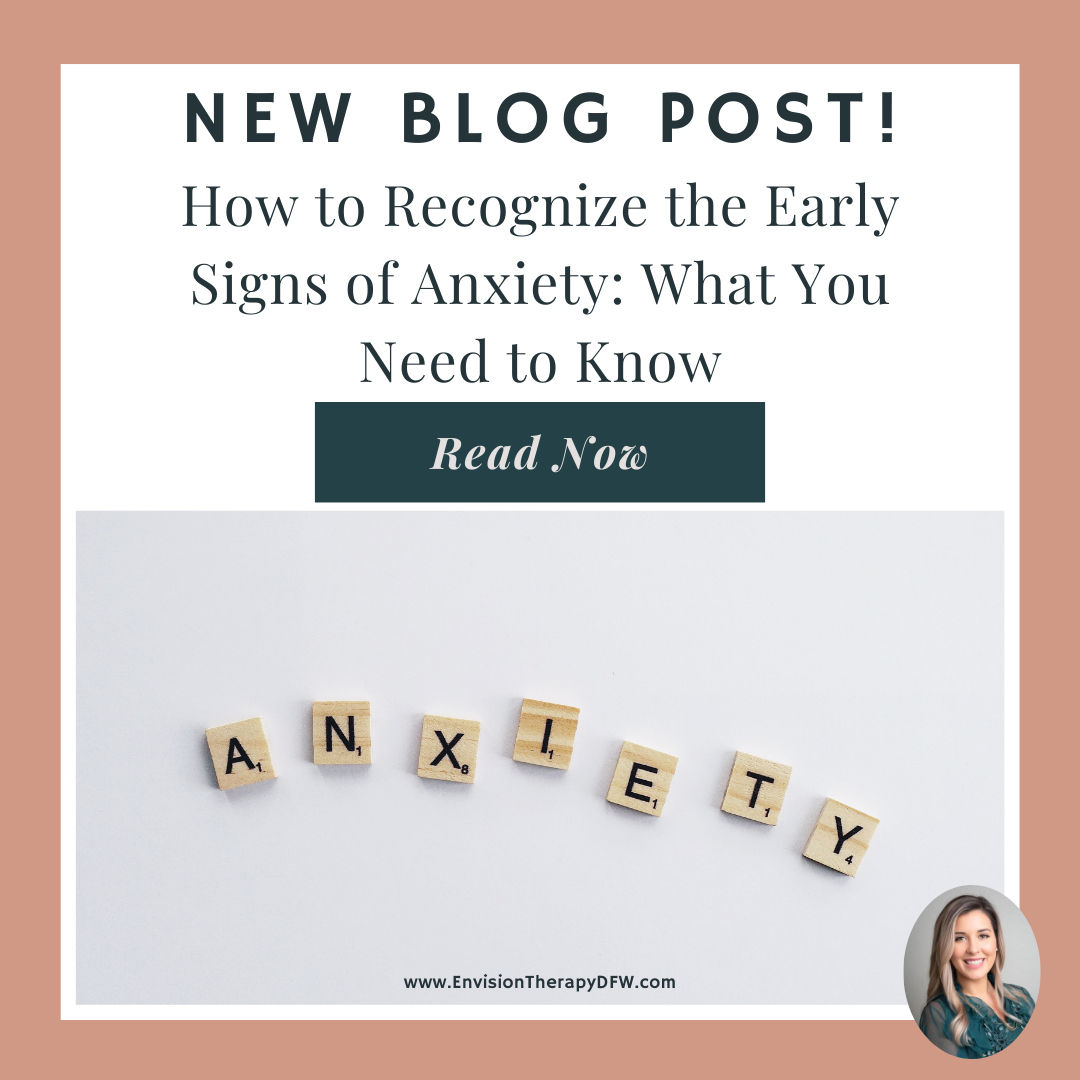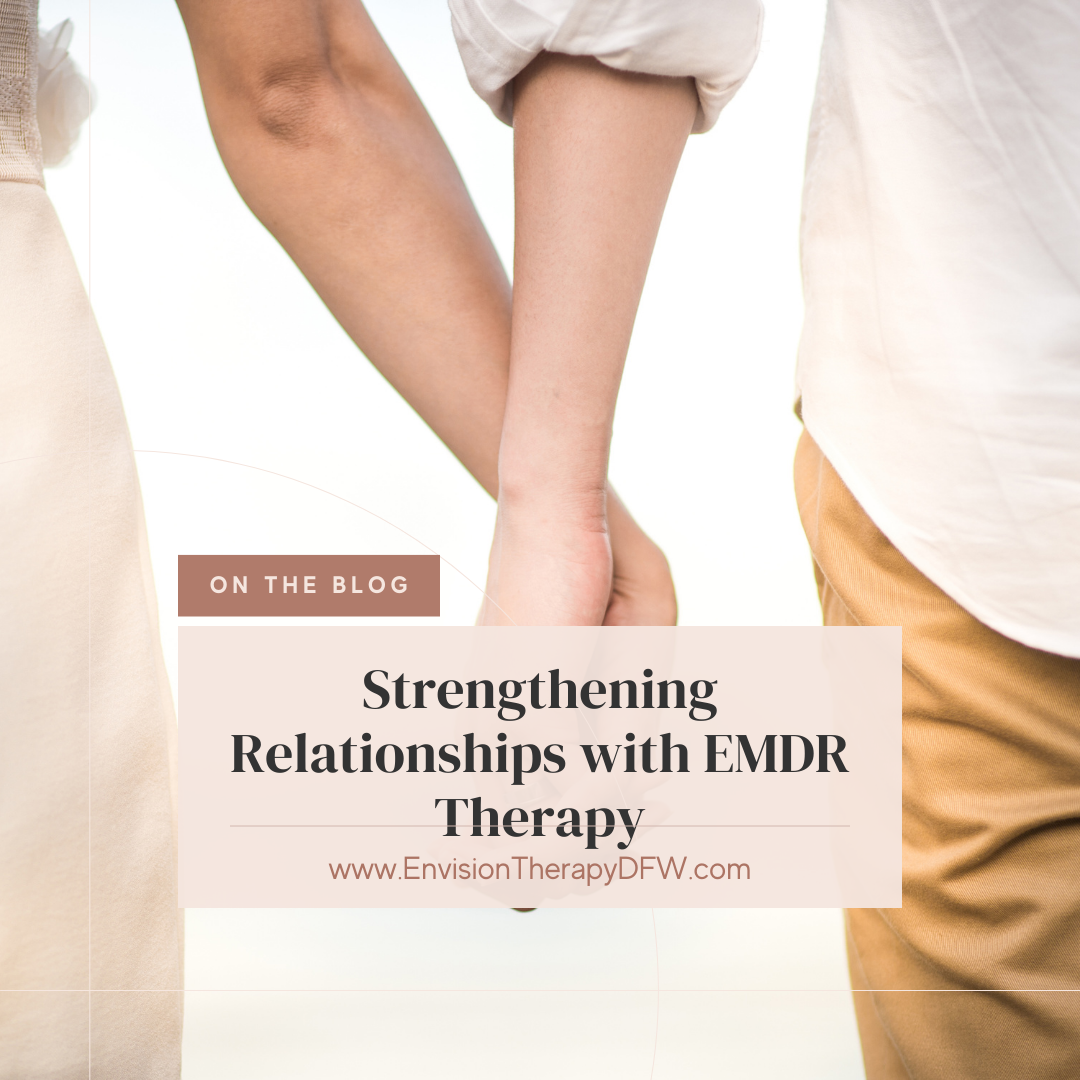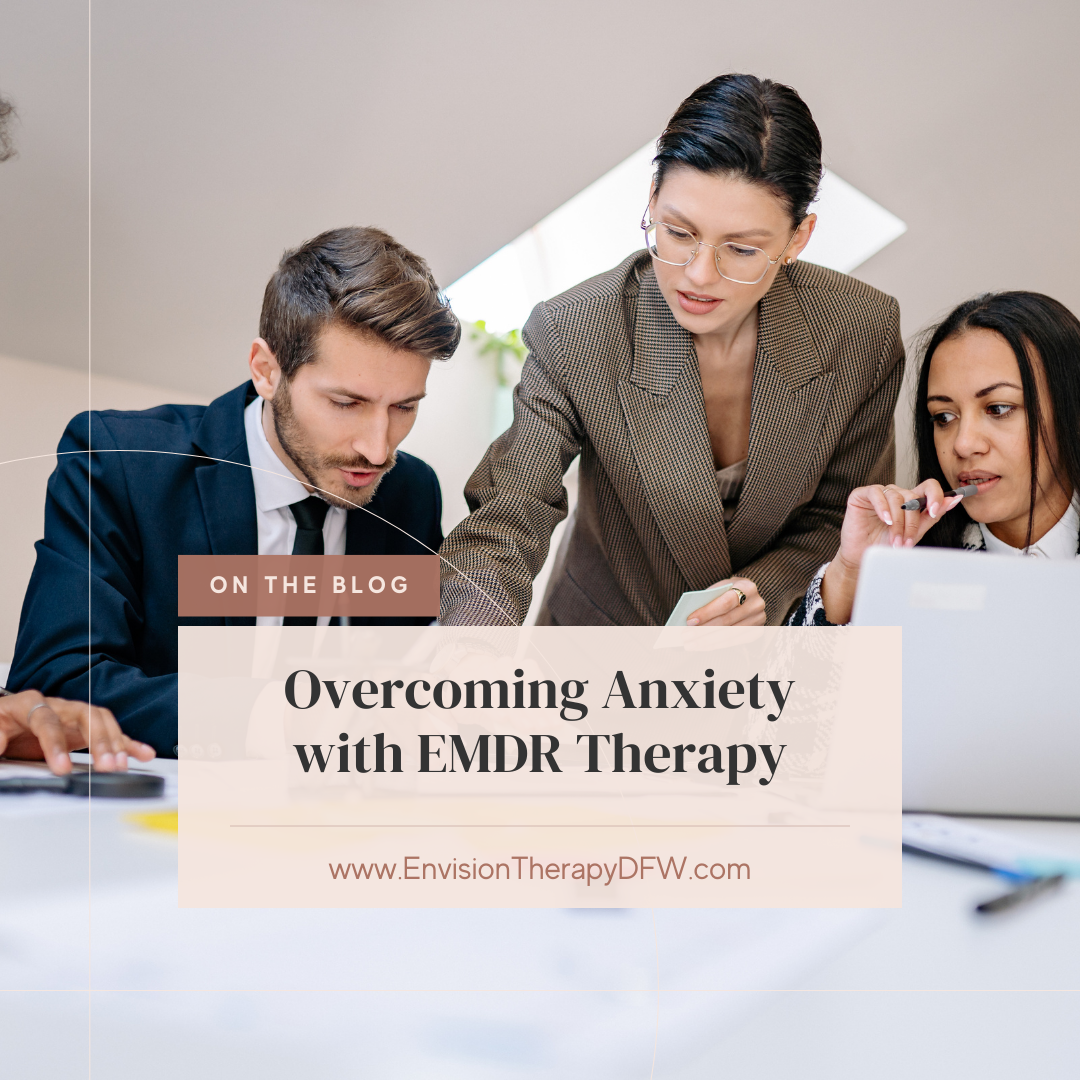-

Seasonal Affective Disorder: What It Is and How to Feel Better
•
Seasonal Affective Disorder (SAD) can turn winter into a time of emotional and physical struggle. Symptoms like fatigue, low mood, and sleep disturbances are more than just the “winter blues”—they’re signals that your body and brain are affected by reduced sunlight and seasonal changes. But there are actionable solutions to help you feel better.…
-

10 Warning Signs of Burnout and How to Recover Quickly
•
Burnout is more than just feeling tired; it’s a state of profound emotional, physical, and mental exhaustion caused by relentless stress. In this article, we explore the top 10 signs of burnout, from physical fatigue that sleep can’t cure to emotional numbness and chronic irritability. If you’ve been feeling ineffective, isolated, or plagued by…
-

The Link Between Financial Stress and Anxiety – And How to Break It
•
Struggling with financial stress and anxiety? You’re not alone. This article explores the link between financial worries and anxiety and offers simple, practical strategies to break the cycle. From building an emergency fund to setting realistic goals, learn how to regain control over your finances and reduce your anxiety.
-

Managing Work Stress: Practical Tips for a Healthy Work-Life Balance
•
Learn practical tips to manage work stress and create a healthy work-life balance. Discover how to set boundaries, prioritize tasks, and reduce anxiety.
-

How to Recognize the Early Signs of Anxiety: What You Need to Know
•
Anxiety often begins quietly—subtle worries, restlessness, and irritability that many people mistake for stress or fatigue. But recognizing the early signs of anxiety is key to managing it before it escalates. This guide will help you identify common symptoms, such as persistent worry, restlessness, and sleep disturbances, and provide actionable steps to take control…
-

Strengthening Relationships with EMDR Therapy
•
Eye Movement Desensitization and Reprocessing (EMDR) therapy is not just for trauma recovery; it also plays a crucial role in relationship building. By addressing past traumas and emotional wounds, EMDR helps individuals, couples, and families strengthen their bonds and communicate more effectively. This therapy promotes empathy, trust, and emotional resilience, which are essential components…




